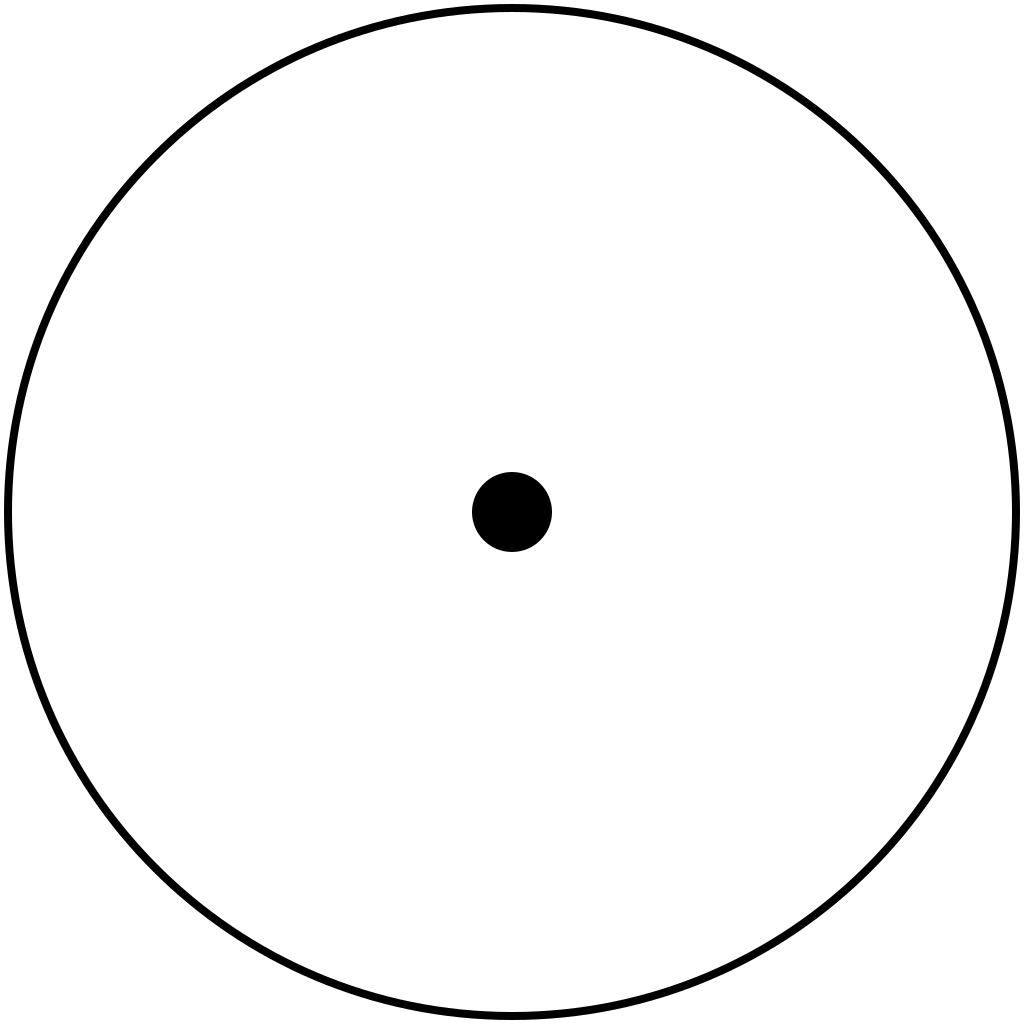So, what am I saying in relation to this?
Again, the Wachowski's provided a good illustration.
What illustration did you have in mind?
As I see it, Lana Wachowski said; "the premise for
The Matrix began with the idea that everything in our world, every single fibre of reality, is actually a simulation created in a digital universe" So two distinct and quite separate domains, the Real, and the Illusory. Atma and Maya. hardly a groundbreaking intuition.
A Platonic Christian, fitting Biblical Revelation into a Platonic (dualist) worldview, would nod at this and generally agree with Lana's viewpoint.
A Christian Platonist, on the other hand, sees things differently, and interprets Plato in light of the Bible. Big difference.
The genius of this was St Maximus the Confessor. Maximus's concept of time rests on his simple and brilliant reworking of the Platonic triune in light of Revelation. He asserts the absolute Divine Transcendence of God, while at the same time insists in Divine Immanence.
In Plato, the pattern is Rest-Movement-Becoming (Stasis-Kinesis-Genesis): The souls were at rest in the contemplation of the One, for some inexplicable reason they turned away and thus fell, and the phenomenal world was created to catch the falling spark and arrest its decline. The Gnostics followed this line.
For Maximus, is is Genesis-Kinesis-Stasis. God creates the world out of nothing, and this 'becoming' is itself a movement from nothing to something, and by that is born time and space. This movement is neither chaotic nor anarchic, it is directed towards its end – rest in God, the return to the source of its arising. Thus, as Revelations says, 'I am the Alpha and Omega', the beginning and end of all things.
'Becoming' or 'being' is the simple, phenomenal fact that there
is a creation. 'Movement' (or 'change') is the cosmic process – characterised by space and time – in which things (under the impetus of their individual
logoi towards the
Logos) develop toward their destinies.
Though there may be some beings diverted by and into 'evil', Maximus takes a decidedly positive view of creation (as do your NDEs) and sees in it not merely motion but
directed motion. As 'being' corresponds to 'becoming', 'well-being' corresponds to 'movement'.
Time, then, corresponds to 'well-being' because it has a natural goal – the cessation of motion in 'rest', that is the perfection of 'being', through 'well-being' into 'ever-well-being'.
All that is created has a beginning in that it has come to be. St Gregory speaks of time as
diastema, 'interval', and applies it to both intelligible (spiritual) and sensible (physical) creation. many other anthropological triunes flow from the first, one of which is being-choice-grace, and another birth-baptism-resurrection.
What's my point here?
St Paul nails it when he's talking to the Athenians (Acts 17:28): "For in him we live, and move, and are."
He is quoting the Cretan poet, Epimenides of Cnossos, who wrote that 600 years before Christ.
"God, who made the world, and all things therein; he, being Lord of heaven and earth ... And hath made of one, all mankind, to dwell upon the whole face of the earth, determining appointed times, and the limits of their habitation. That they should seek God, if happily they may feel after him or find him, although he be not far from every one of us" (v24, 26-27)
As our Muslim brethren say, 'God is closer to us than our jugular vein.' (cf Quran 50:16)

